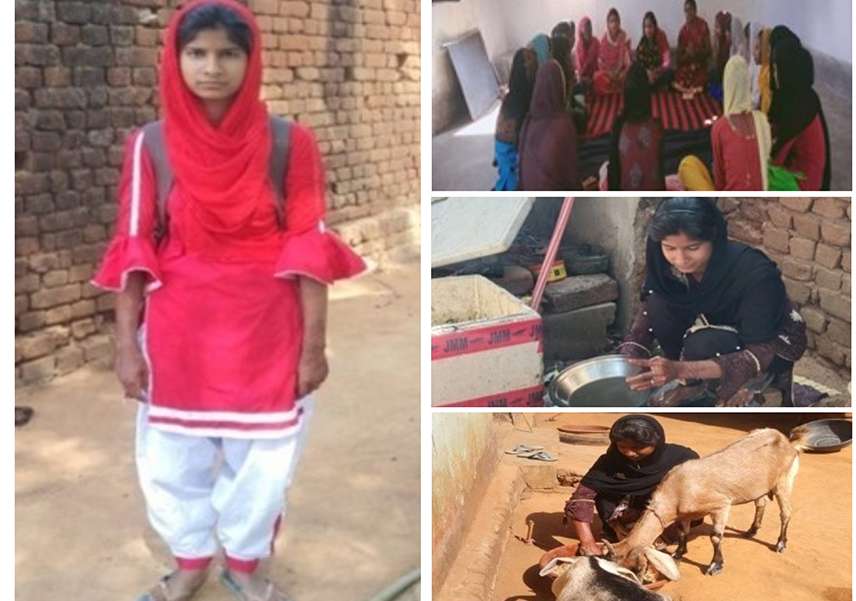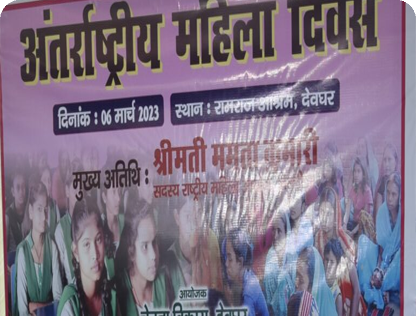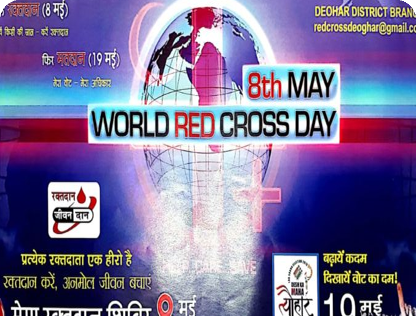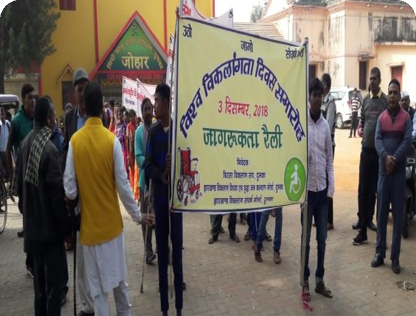Soji's Journey: Breaking Chains, Embracing Change
My name is Soji Parween, and I’m 15 years old. I come from a small village called Astha in Suggapahari II Panchayat, under Madhupur Block in Deoghar District, Jharkhand. Life in my village isn’t easy, especially for girls like me. Our village doesn’t have a health centre or a high school, and most of the people here, including my family, struggle to make ends meet. My father is a fisherman, the only one earning in our family, while my mother stays home to take care of us. I have two elder sisters and one elder brother, and like many other families here, we’ve always had to deal with poverty and a lack of opportunities.
Growing up, it was normal to see children dropping out of school. Many girls in my village, including my own sisters, were married off at a young age. My eldest sister left school and was married at 16, and my brother also quit school after Class X to work in another state. I, too, had to drop out of school after completing Class VIII in 2022. My parents didn’t think it was safe for me to go out after turning 14, not even to school. They believed that it was time for me to stay at home and help with household chores, just like my sisters before me.
I remember feeling helpless and sad, thinking that my dreams of continuing my education were over. My family was struggling, and I knew they couldn’t afford to send me to school even if they wanted to. My future seemed to be already decided—I would soon get married, just like my sister, and spend the rest of my life managing a household. It was a life I didn’t want, but I didn’t see any way out.
But everything changed when Chetna Vikas came to our village. They were working to help adolescents like me get the education and support we needed. They formed an adolescent group in our village, a place where we could meet, learn, and talk about our rights. One day, Rubina Parween, the Panchayat Facilitator, came to my house. She talked to my parents about why I had dropped out of school and why they thought it was better for me to stay home. My parents explained that they felt it was unsafe for me to go out now that I was older, and they were already planning my sister Roji’s marriage.
Rubina didn’t give up, though. She kept visiting us, talking to my parents about the importance of education and the risks of child marriage. At first, my parents were hesitant—they had always believed that girls should stay home after a certain age. But slowly, they started to see things differently. Rubina explained that the adolescent group was a safe space where I could learn and grow, and she encouraged them to let me join.
After a lot of discussions and visits, my parents finally agreed to let me join the group. I was so excited! In the group meetings, I learned so much about the importance of education and the dangers of child marriage. I started to understand that I had the right to continue my studies and that I could make my own decisions about my future. The more I learned, the more determined I became to go back to school.
One day, I told my parents that I wanted to go back to school, and to my surprise, they agreed. I couldn’t believe it! Rubina visited us again and spoke to my mother, who finally allowed me to re-enroll in school. So, I was readmitted to Class IX at Upgraded High School Bada Narayanpur. It was one of the happiest days of my life.
Now, I’m continuing my education, and I’m even the Secretary of the Jiban Adolescent Group. I’m so proud to be a part of this group and to help other girls like me. I encourage my friends who dropped out to go back to school, and I’m happy to say that two girls, Rekha Kumari and Puja Kumari, are now thinking of re-enrolling because of the work we’ve been doing.
My life has completely changed, and I owe so much to the support and guidance of Chetna Vikas. I’ve gone from feeling hopeless to leading others in my village, and I’m determined to keep learning and growing. My story is proof that with the right support and determination, we can change our lives for the better.





